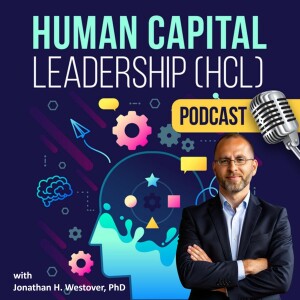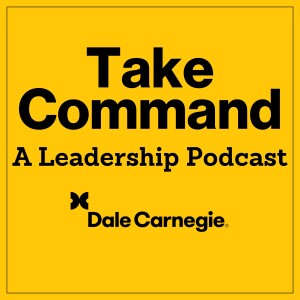

Episode List
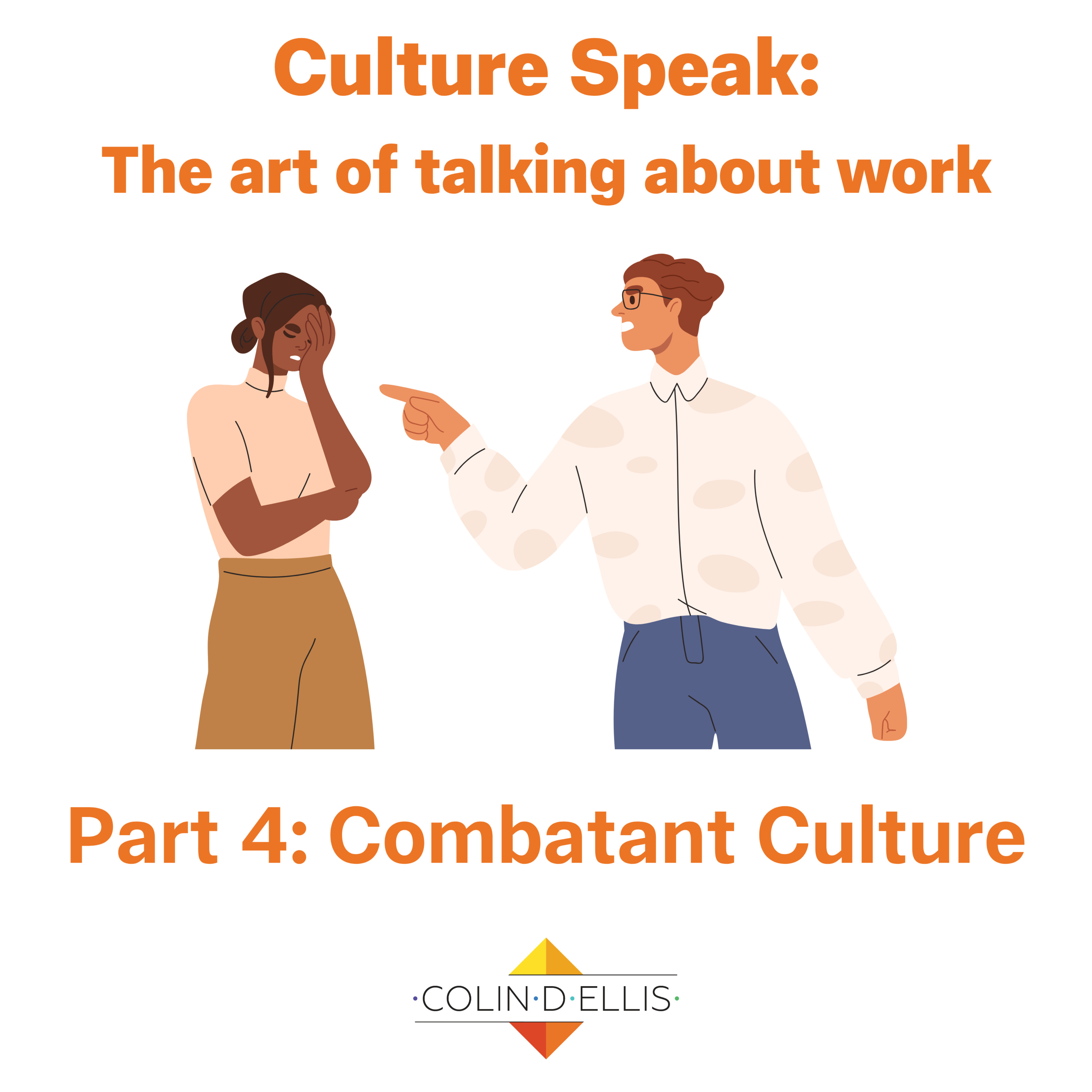
Culture Speak: Part Four - Combatant Culture
In this fourth episode of Culture Speak I discuss the characteristics of a combatant culture, where engagement is high, but emotional intelligence is low, and every day is filled with anxiety, stress and busy-work.Key takeaways:Engagement is a two-way street between the organization and the employee.Combatant culture can be beneficial in small doses but harmful if prolonged.High engagement with low emotional intelligence can lead to toxic behaviors.Brilliant jerks can undermine team dynamics despite their skills.Combatant cultures often exhibit anxiety, stress, and burnout.Workplace culture oscillates between pleasant and combatant, leading to exhaustion.Engagement scores can be misleading if toxic behaviors are present.People often wear their busyness as a badge of honor in combatant cultures.Effective leadership requires addressing toxic behaviors promptly.Understanding your workplace culture is crucial for improvement.Chapters:00:00 Understanding Combatant Culture02:44 The Impact of Engagement and Emotional Intelligence05:45 Navigating Toxic Behaviors in the Workplace
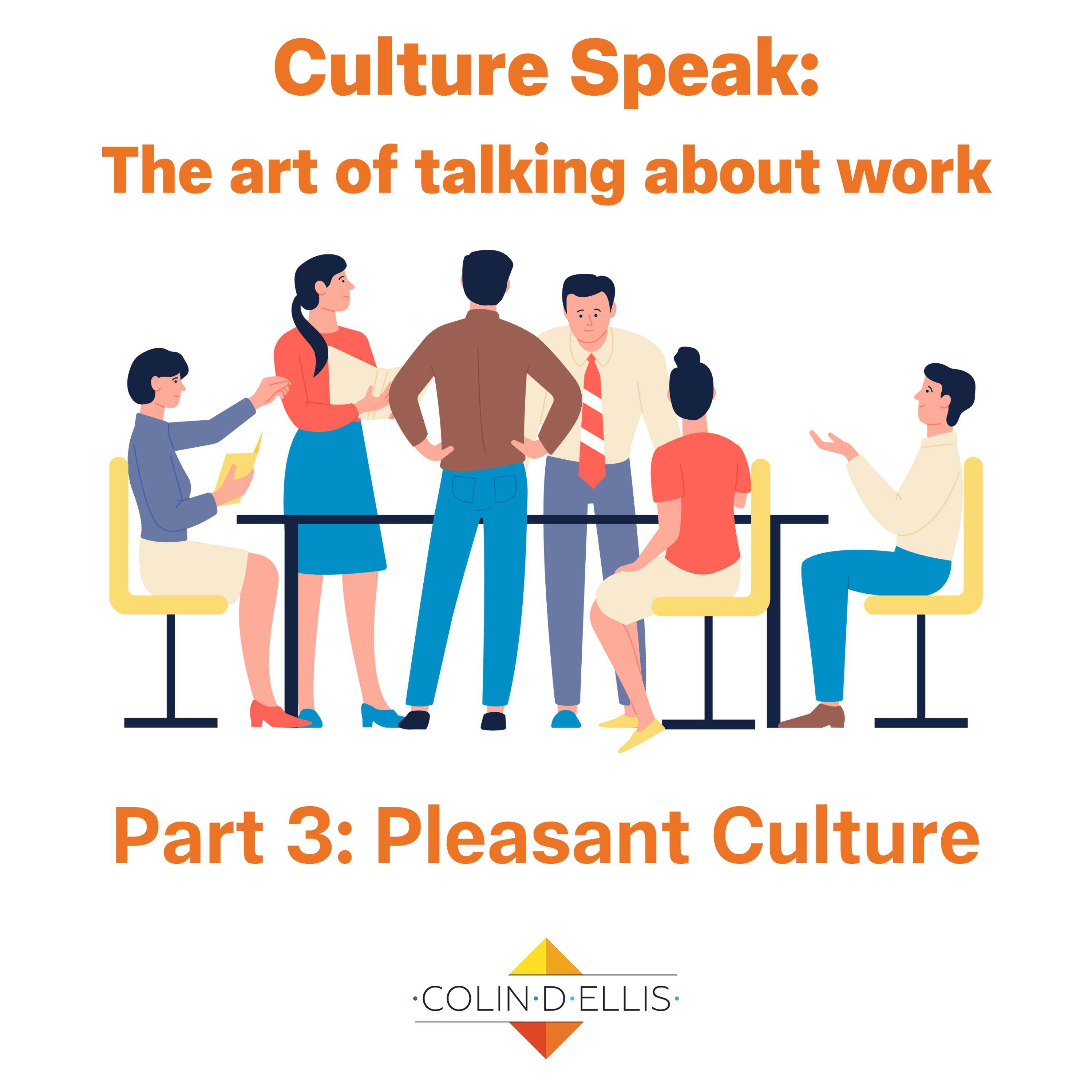
Culture Speak: Part Three - Pleasant Culture
In this third episode of Culture Speak I discuss the characteristics of a pleasant culture, where emotional intelligence is high, but everything is just, well, a bit ‘nice’.Key takeaways:Emotional intelligence and engagement are key workplace factors.Pleasant cultures can lead to stagnation despite empathy.Respect is crucial in team dynamics, even without friendship.Gossip and backbiting can arise in pleasant cultures.Pleasant cultures often lack the challenge needed for growth.Blind optimism can hinder progress in organizations.Risk aversion is common in pleasant cultures.Culture change requires engagement and skill development.Organizations must align their engagement levels with employee expectations.The Five Cultures quiz can help assess workplace culture.Chapters:00:00 Understanding Pleasant Cultures06:18 The Challenges of Pleasant Cultures
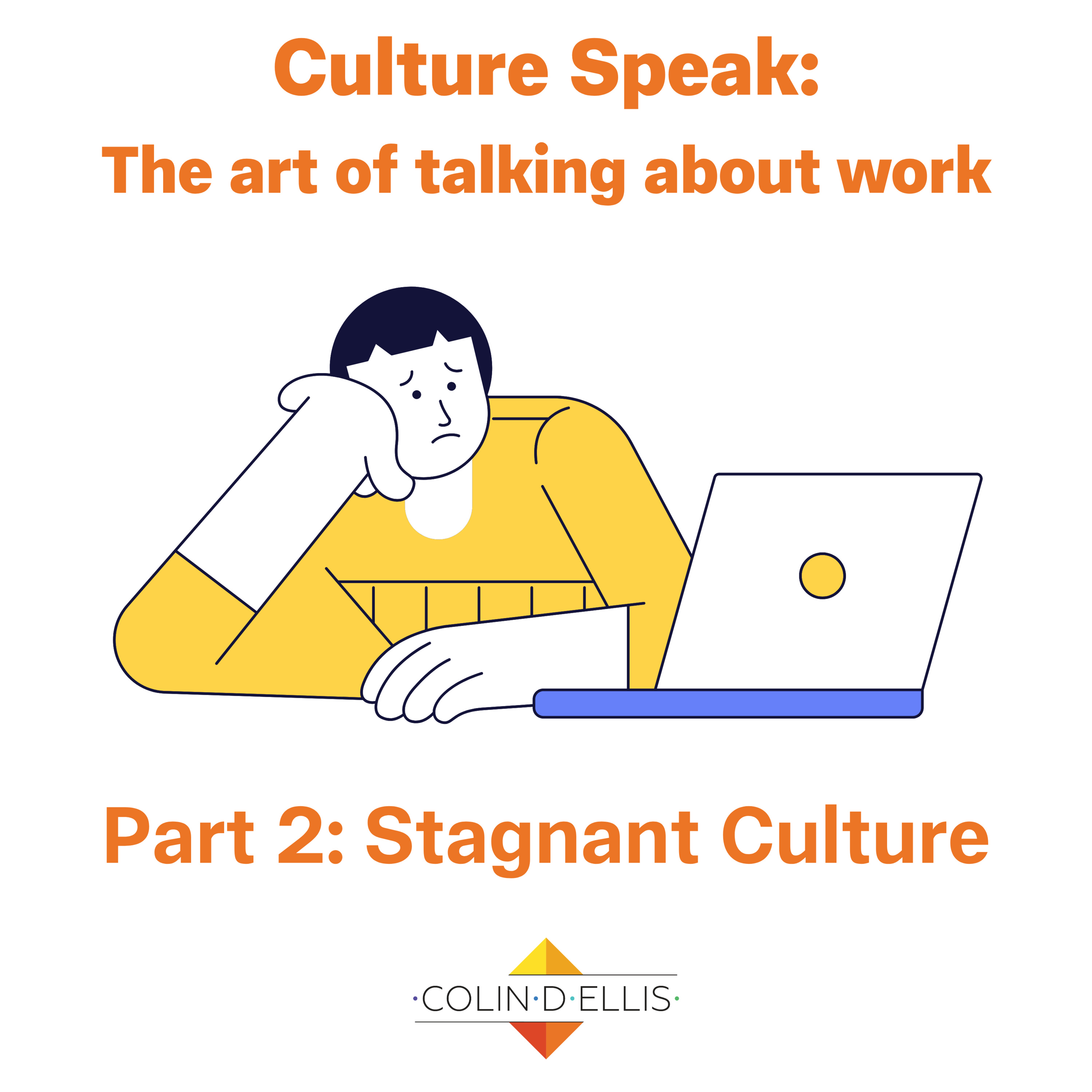
Culture Speak: Part Two - Stagnant Culture
In this second episode of Culture Speak I discuss the importance of emotional intelligence and engagement in work culture and highlight the detrimental effects of stagnant cultures, where individuals prioritise personal interests over teamworkKey takeaways:Emotional intelligence and engagement are crucial for a positive work culture.Stagnant cultures are characterised by individuals prioritising personal interests.Low engagement leads to high attrition rates and poor performance.Feedback and accountability are essential for team success.A lack of consequences for poor behavior fosters stagnation.Teamwork requires collective agreement and commitment.Cultural stagnation can be more frustrating than toxic environments.Generational shifts have changed perceptions of teamwork and individualism.Organisations must address poor performance to improve culture.Optimism is often lacking in stagnant work environments.Chapters:00:00: Understanding Emotional Intelligence and Engagement02:41: The Impact of Stagnant Cultures05:42: Consequences of Poor Performance in Organisations
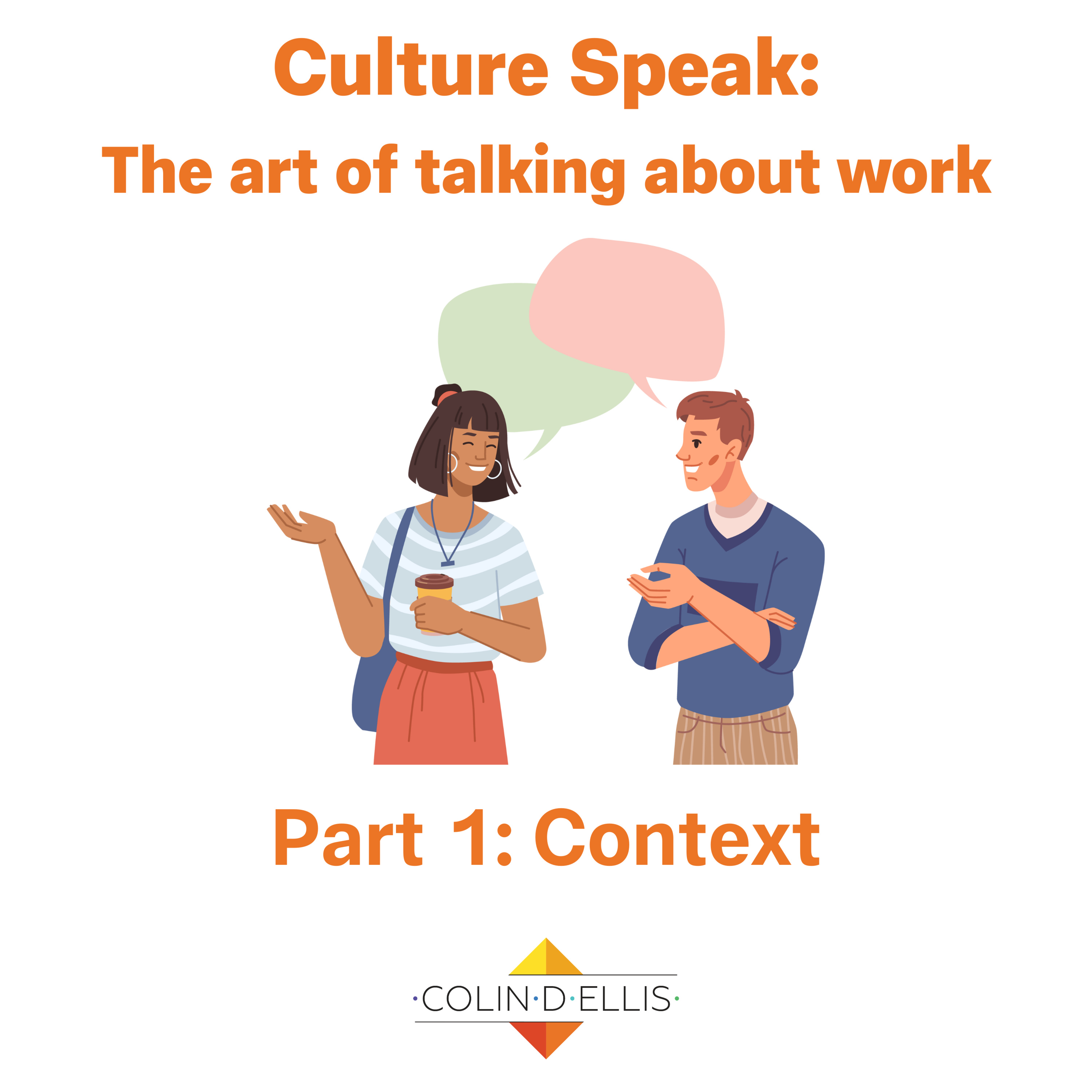
Culture Speak: Part One - Context (Why culture conversations are important)
In this first episode of Culture Speak, I introduce the concept of organisational culture, emphasising its importance and talking through the elements that shape a work environment.I discuss the necessity of committed leadership, capable management, and a common language to foster a vibrant culture.The episode also highlights the significance of emotional intelligence and engagement in creating a positive workplace culture, setting the stage for further exploration in subsequent episodes.Chapters: 00:00: Introduction to Culture Speak02:55: Understanding Organizational Culture04:44: The Three C's of Vibrant Culture07:04: The Role of Middle Managers in Culture10:23: Emotional Intelligence and Engagement in Culture Takeaways:Culture is the shared values, behaviours, and practices.You get the culture that you choose to build.Culture is perpetual and requires ongoing effort.Committed executive support is essential for cultural change.Middle managers play a crucial role in shaping culture.A common language around culture is necessary for feedback and accountability.Emotional intelligence helps build strong relationships at work.Engagement is a two-way street between the organisation and individuals.Culture is built at a team level, not just top-down.The goal is to create fantastic places to work.To take the culture quiz head to www.fiveculturesquiz.com#culture #communication #leadership #motivation
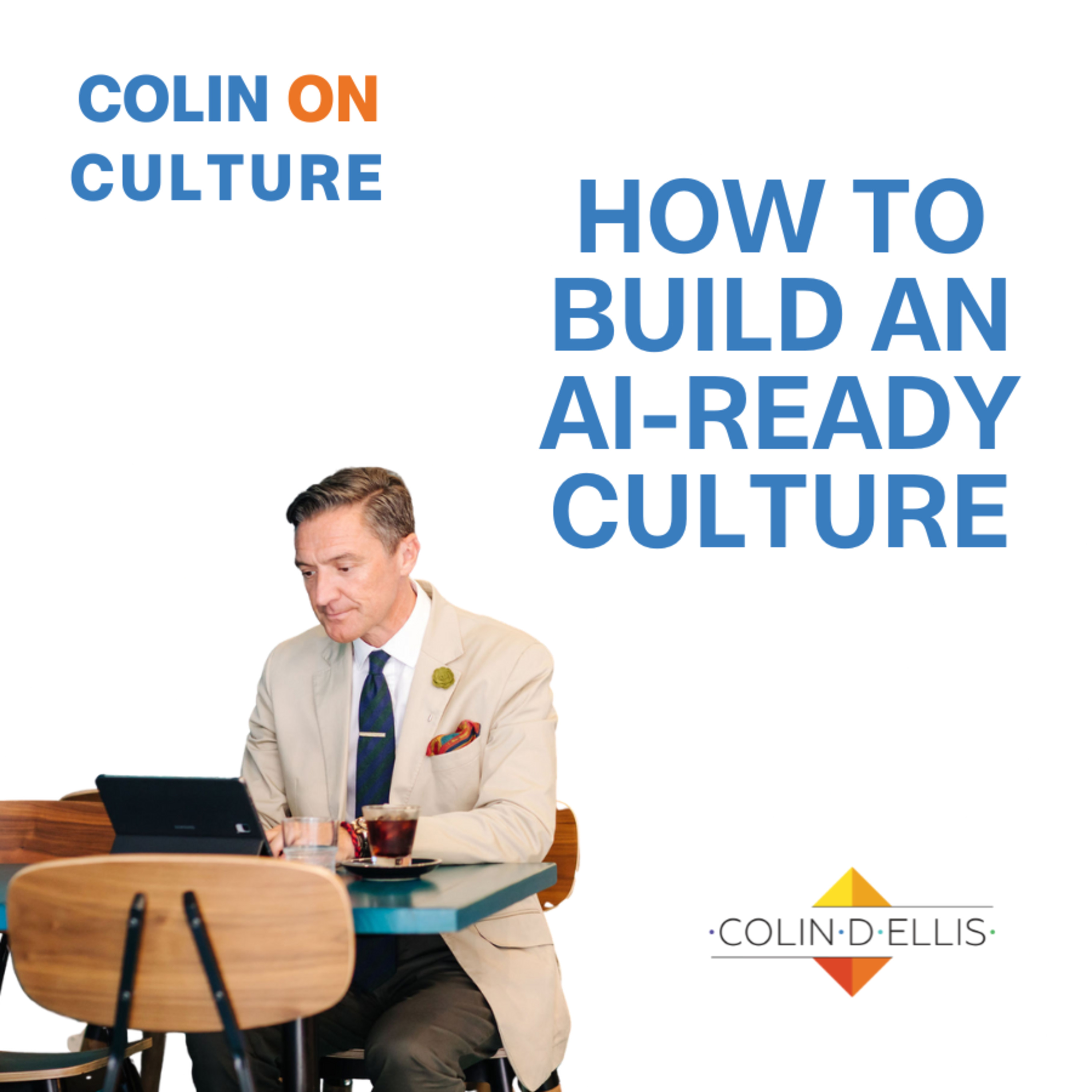
How to build an AI-ready culture
The jostling between consulting and training organisations for AI transformation programmes has begun. However, rather than the 'technology agility' approaches that they're selling to implement AI, what's required is a change in culture, or 'emotional agility.'On this episode of the Colin on Culture podcast I provide 5 behaviours that employees need to adopt in order to build an AI-ready culture.
Create Your Podcast In Minutes
- Full-featured podcast site
- Unlimited storage and bandwidth
- Comprehensive podcast stats
- Distribute to Apple Podcasts, Spotify, and more
- Make money with your podcast
